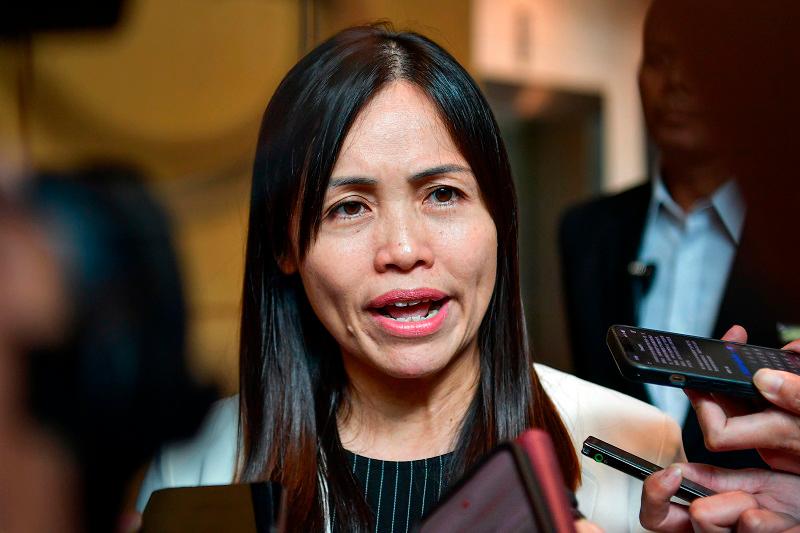KULAI: The Ministry of Communications is dissatisfied with the contractors for the National Digital Network Plan (JENDELA) Phase 1 project in the rural areas of Sabah and Sarawak, which has yet to be fully completed.
Deputy Minister Teo Nie Ching said the ministry is frequently visiting these two states to monitor the progress of the project, which was supposed to be completed in 2022 but is still under an extension of time (EOT).
“Currently, everything is under EOT, and those not completed under EOT are the ones we are dissatisfied with because this project was supposed to be completed in 2022, but there are still unfinished parts.
“Therefore, we often visit these areas to ensure that contractors prioritise the project. We may impose penalties on them, such as late delivery charges or liquidated damages, or review the contracts. In these two states, more than 20 percent of the work is still incomplete,“ she said.
She said this when met after the SPM 2023 Outstanding Student Recognition Programme at the Kulai District Education Office here today.
The Member of Parliament for Kulai added that the second phase of JENDELA is expected to commence once the first phase is successfully completed.
“We are currently studying the latest technologies because, under Phase 1, we used microwave and (optic) fibre, but for remote areas, fibre usage is not viable due to the vast distances.
“Now we are implementing a concept similar to the one used in Orang Asli villages, where we utilise satellites. This is also a new technology currently available. So, the Ministry of Communications is studying whether this technology is suitable for us, especially in remote areas.
“We know that installing optic fibre cables takes a long time. Microwave waves can be used, but they are not suitable in hilly areas. We hope that satellites will become a more effective and cost-efficient method. We will launch JENDELA Phase 2 when we are ready,“ she said.
JENDELA, launched in September 2020, aims to establish robust and affordable digital connectivity with quality broadband coverage and provide internet access across all layers of society throughout the country.
Phase 1 of the initiative, which ran from 2020 to 2022, has achieved its initial targets, including reaching 7.74 million premises, achieving 96.9 percent 4G coverage in populated areas and a broadband speed of 116.03 Mbps.









